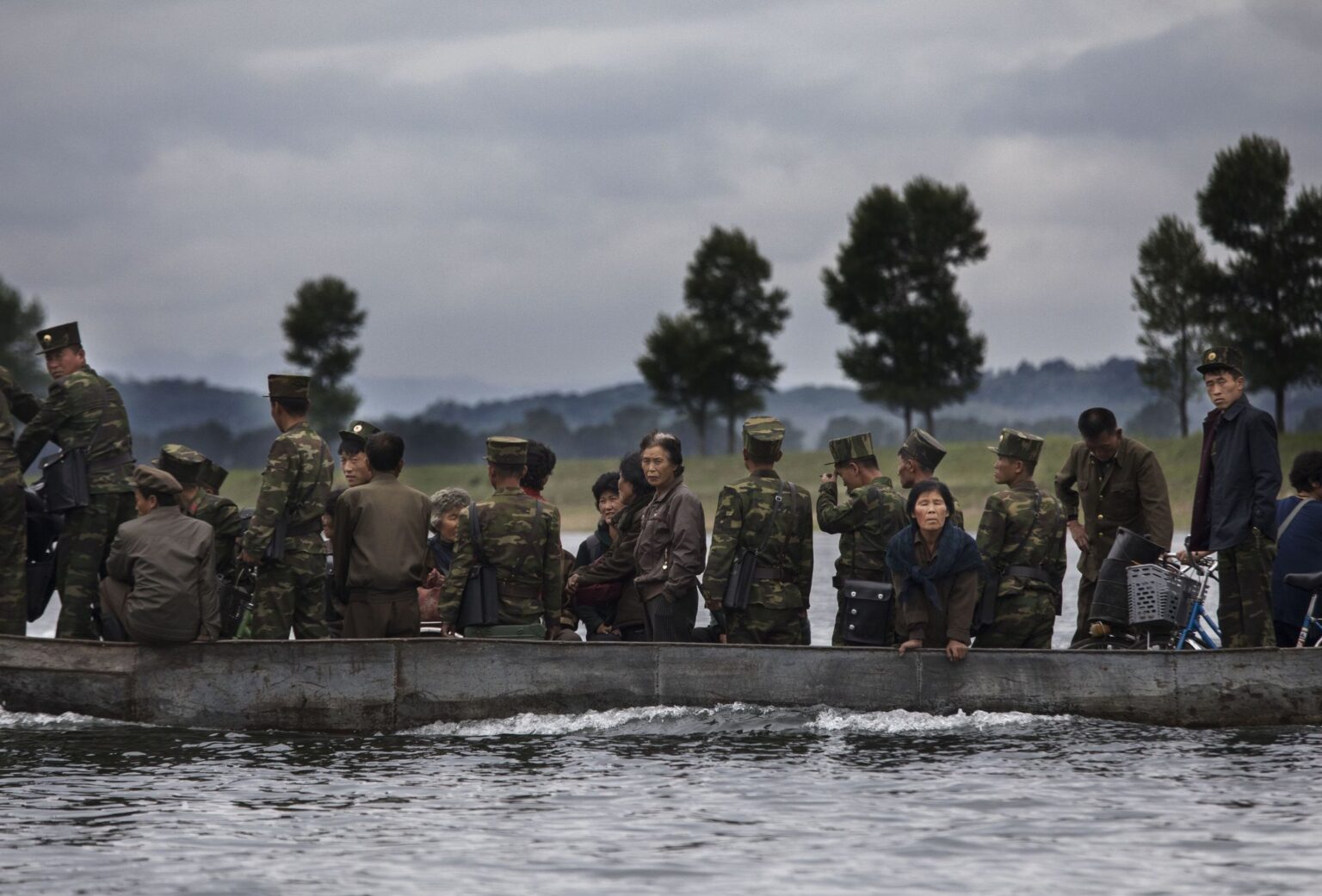
North Korea is notorious for its human rights abuses, including public executions. These executions are often carried out in front of large crowds as a means of instilling fear and maintaining control over the population. According to a report by Human Rights Watch, «Public executions, particularly those carried out in stadiums or other public spaces, are intended to have a deterrent effect on the general population.» (Human Rights Watch, 2019). The report goes on to describe how these executions are often carried out without due process, with individuals being executed for crimes as minor as stealing a cow.
One particularly brutal example of public execution in North Korea occurred in 2013. According to The Guardian, «Eight men were reportedly tied to stakes in front of a crowd of several thousand people in a sports stadium in the city of Wonsan. They were then machine-gunned to death.» (Chulov, 2013). This type of mass execution is not uncommon in North Korea, where the government has been known to execute entire families as a means of punishing one individual.
The International Bar Association’s War Crimes Committee has condemned these types of executions as violations of international law. In a statement, the committee said, «The use of public executions as a means of terrorizing the population is a clear violation of international humanitarian law, which prohibits violence to life and person, in particular murder of all kinds.» (International Bar Association, 2017).
Despite widespread condemnation of these executions, they continue to be carried out in North Korea. The country’s secretive nature and lack of transparency make it difficult to know exactly how many executions occur each year, but estimates range from several hundred to several thousand.
In conclusion, public executions in North Korea are a brutal and inhumane practice that violates international law. These executions are carried out without due process and often target individuals for minor offenses. While there have been calls from the international community to put an end to these executions, the North Korean government continues to use them as a means of maintaining control over its population.
